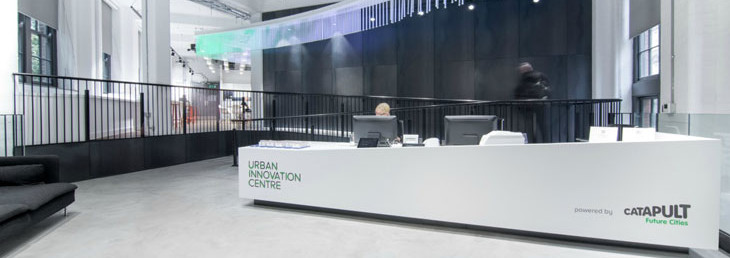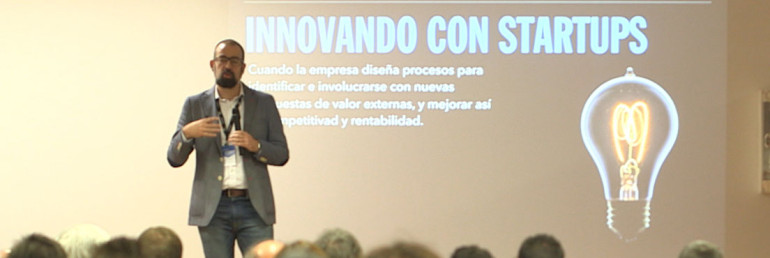Urban innovation needs to make room to collaborate in unusual ways
As most of innovations, urban innovation is also still done in isolation too often. The Urban Innovation Centre of London was created based on the idea that to overcome the challenges of future cities it is crucial to make room to collaborate in unusual ways. This part-government-funded organization aims to bring together different players and knowledges to solve the problems that cities face and make them a better places to live.

Freelancers are creating new ways to get more work by working together
Innovative collaboration groups between freelancers leverage not just common co-working spaces. New Zealand’s Enspiral represents a new inspiring level of collaboration and community for the growing number of this kind of professionals fighting against isolation and economic uncertainty.

Programmable currencies might create new financial incentives to collaborate
Even some of its investors consider hedge-fund Numerai an experiment. But the possibility of using cryptocurrencies as programmable software to change the rules of how money and its holders behave, or transform finance into a positive-sum game instead of a zero-sum one, makes well worth to pay a close attention to this initiative and its future developments.

Basque SMEs collaborate to get larger and more global customers
The Basque Country has an historic background of successful cooperative industrial companies. Maybe this is the reason why collaborative initiatives between Basque companies aiming to get larger and more global customers seem to specially thrive in the region.

#28 Co-Session (II): Startups are also a source of industrial innovation
As with so many other disruptive trends, it will be difficult for the amount of innovation required by the transition to Industry 4.0 to only be generated by companies internally. In our Co-Session #28 on Smart Factories we had the chance to know first-hand how the number of consolidated companies that implement investment and collaboration programmes with startups is also growing in industrial areas.

